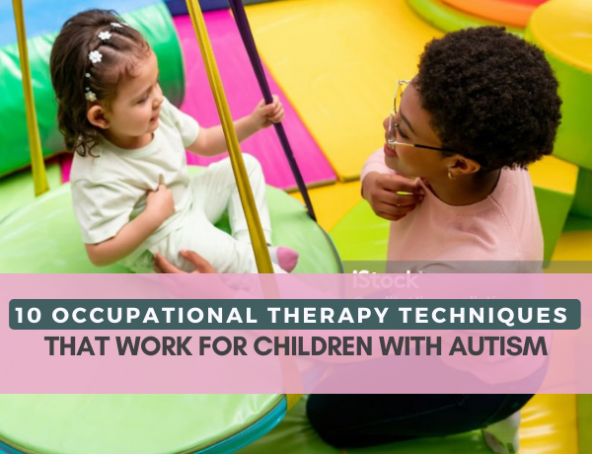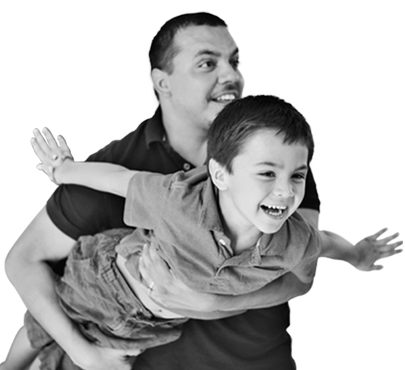10 Occupational Therapy Techniques that Work for Children with Autism

Occupational Therapy can play a crucial role in improving the lives of children with autism, and there are many techniques which can be successful. This blog delves into 10 effective Occupational Therapy techniques that can make a significant difference in development and daily functioning skills.
- Fine Motor Skill Development
Fine motor skills involve precise movements of the hands and fingers. Occupational therapists work with children on activities like handwriting, buttoning clothes, and using utensils, aiming to enhance their dexterity and independence in daily tasks.
- Gross Motor Skill Development
Developing gross motor skills is vital for physical coordination and strength. Therapists use activities like running, jumping, and climbing to improve a child's balance, coordination, and overall physical abilities, which can boost their confidence and participation in physical activities.
- Daily Living Skills
Occupational therapists focus on teaching essential daily living skills such as dressing, grooming, and feeding. These skills empower children with autism to become more self-reliant and capable of managing their personal care routines.
- Emotional Regulation Techniques
Children with autism often struggle with emotional regulation. Occupational therapists teach strategies like deep breathing, mindfulness, and sensory self-regulation techniques to help children manage their emotions effectively.
- Environmental Modifications
Occupational therapists assess and recommend modifications to a child's environment to create a sensory-friendly space. This may include adjusting lighting, noise levels, or seating arrangements to reduce sensory overload and promote comfort.
- Sensory Integration
Sensory integration helps children with autism better process and respond to sensory stimuli. Occupational therapists use various sensory activities and exercises to help children regulate their responses to sensations like touch, sound, and movement, ultimately enhancing their ability to engage in daily activities.
- Visual Supports
Visual supports, such as visual schedules and communication boards, are instrumental in improving communication and reducing anxiety in children with autism. These visual aids provide a clear and predictable way to convey information, making it easier for them to understand and follow routines and instructions.
- Social Skills Training
Social skills training is a cornerstone of occupational therapy for children with autism. Therapists use structured activities and role-playing to help children learn how to interact with peers, read social cues, and build meaningful relationships.
- Collaboration with Families and Schools
Collaboration is key to success. Working with other therapists and multidisciplinary members to provide holistic care is important. By working with families and other professionals involved in their care, strategies and techniques are consistent across different settings.
- Individualized Treatment Plans
Every child with autism is unique, and so are their needs. Occupational therapists develop individualized treatment plans tailored to a child's strengths and challenges. These plans outline specific goals and interventions, ensuring that therapy is personalized and effective.
Occupational therapy offers a range of techniques to help children with autism thrive. By addressing sensory, motor, social, and emotional aspects of their development, occupational therapists play a vital role in improving the quality of life for these children. With the right interventions and support, children with autism can develop the skills they need to lead fulfilling and independent lives.
Contact our Family Support Team if you would like to learn how to get started with Occupational Therapy or any other programs and services that we offer. Our Family Support Team is always available to help and is available at no charge to all members of the autism and developmental disability community. Schedule a free phone appointment that works with your schedule by visiting AZAunited.org/supportcall
You may also be interested in:
For more helpful resources and information, follow AZA United on social media:






